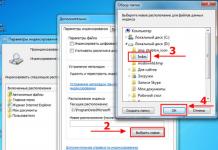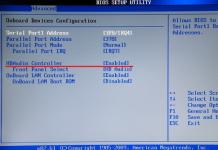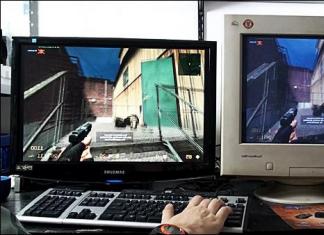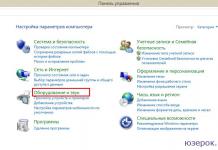The question of whether children need a smartphone or tablet, a computer and an Internet connection is not an issue today. From a young age, children are active Internet users; they often know more about the Web than their parents. However, we all know that the Internet is not only interesting and useful. There is a lot of content on the global Web that I would like to protect young minds from. And some of them should be banned altogether. Therefore, control of what a child is doing on the Internet is not just desirable, it is mandatory, especially when it comes to younger students and adolescents.

A general term for parental control over what a child does on the Internet is called parental control. In other words, parental controls are both special applications and family rules for using the Internet.
In some cases, the installation of special applications that will monitor what the child is doing on the Internet is not at all necessary. It is enough just to follow some rules of parental control over gadgets and Internet use.
Internet - an hour
The most important rule of parental control regarding the Internet is limiting the time children spend online. On weekdays, younger students need half an hour a day, on weekends - one hour of online time. Of course, if your child has a tablet or smartphone, and the house has its own Wi-Fi, then it is difficult to limit his online time, but it is possible. Ideally, the computer where the child connects to the Internet should be in the living room, and the parents should see what the child is doing online. In the case of a tablet and a smartphone, this is more problematic. However, this problem can be solved - it is enough, for example, not to save the password for access to the Wi-Fi ‑ network or change it periodically.
Safe search
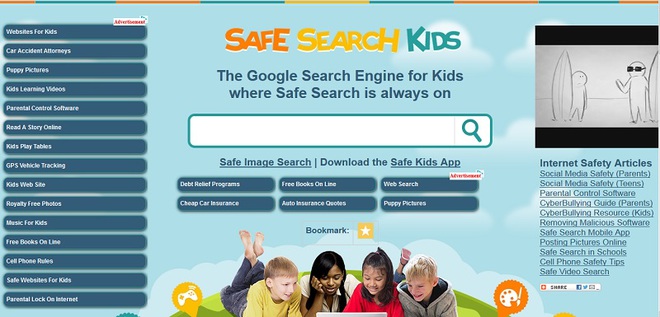
Search engines today are the link between the user and AND the Internet. With the help of search engines, you can find both useful information and content that is undesirable for children. This includes so-called adult content, inappropriate photos, articles about drugs, and much more. To prevent a child - accidentally or not - from encountering such content, it is recommended to use Safe Search on traditional search engines. You can activate safe search in Google or Yandex settings. In addition, you can use special search services made for children - for example, Google recently launched. This search engine has filtered search results by default. This means that when they search, children will only receive sites that are selected by the editors of the search engine. They are guaranteed not to contain content that is inappropriate for children. And if a child enters an indecent word in a search query, the search engine will immediately give an error. Another search engine designed for children is the Safe Search Kids project. It uses Google's search algorithms and restricts results to sites that are inappropriate for children.
Children's browsers

Another parental control method is to use special browsers for children. They have a built-in web content filtering system and control web surfing. The developers of the browser have allowed the age of the children to be set in their settings and guarantee that the content will only be displayed in accordance with this data.
Subscribe to our telegram and be aware of all the most interesting and relevant news!




